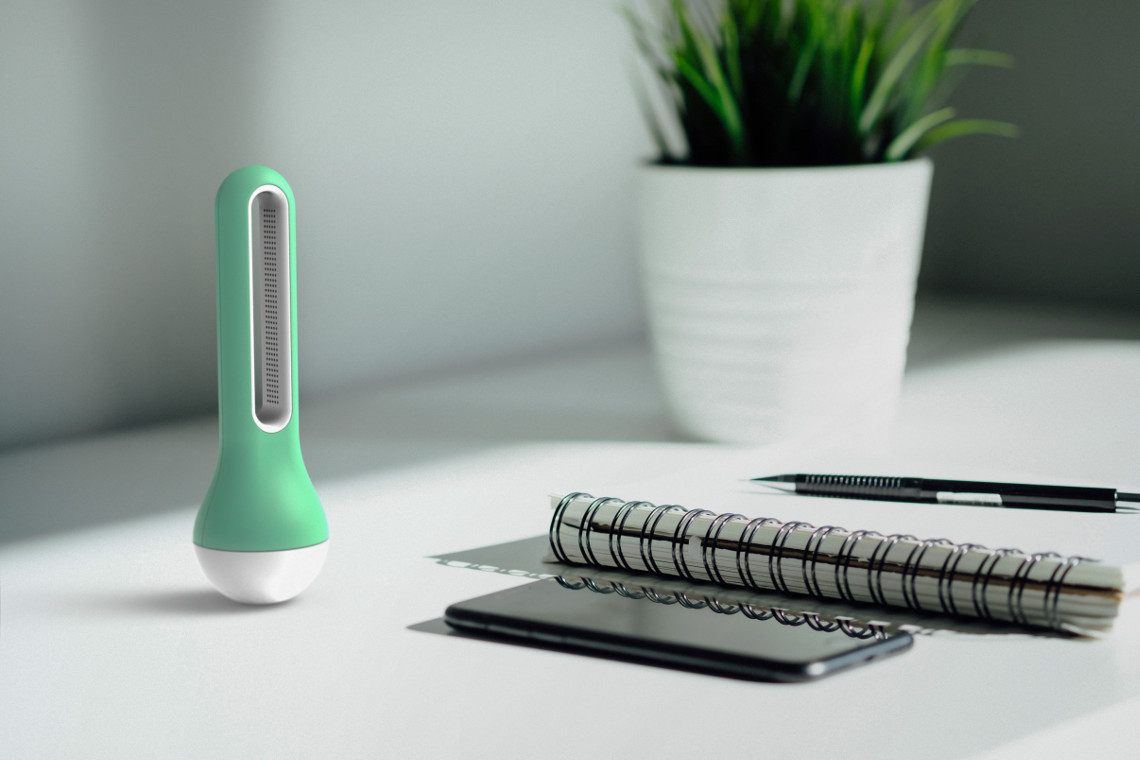How does Humidity affect you?¶

Humidity is the amount of water vapor or moisture in the air and having a too high or too low humidity can be dangerous. So how does humidity affect you? Our skin uses the air to get rid of moisture in the form of sweat and humans are sensitive to it. If the relative humidity is very high, the air is already saturated with water vapor and our sweat won’t evaporate. When this happens, we feel hotter than the actual temperature and when there’s a low humidity it can make us feel cooler than the actual temperature. This happens because the dry air helps sweat evaporate more quickly than usual.
Another factor is that humidity higher than 70% can too vaporize the environment and will result into forming of molds, hazardous fungus and bacteria that’s unhealthy and soon if no action taken can result into chronic respiratory infection such as chronic obstructive lung disease. To avoid this, you need to determine the humidity level in the room and find out whether you need to increase or reduce it. Become aware and Protect your loved ones or precious possessions be they leather goods, books, fine wines, musical instruments or anything which could be damaged by temperature and humidity.
What are the normal room temperature?¶
Temperature: According to the West Midlands Public Health Observatory (UK), an adequate standard of warmth is 21 °C (70 °F) for a living room, and 18 °C (64 °F) for other occupied rooms. Levels below this may contribute to cardiovascular disease and other health problems, with an increased mortality rate below 20 °C (68 °F). 24 °C (75 °F) is given as the top range for comfort for sedentary adults.
Source: Wikipedia
What level of humidity is comfortable?¶
When you consider that people generally are most comfortable when the relative humidity is approximately 40 percent, you can see how dry indoor air can take a toll on your family. Low humidity causes static electricity, dry skin, lips and hair, scratchy throats and noses, and itching and chapping.
Source: Cool ray